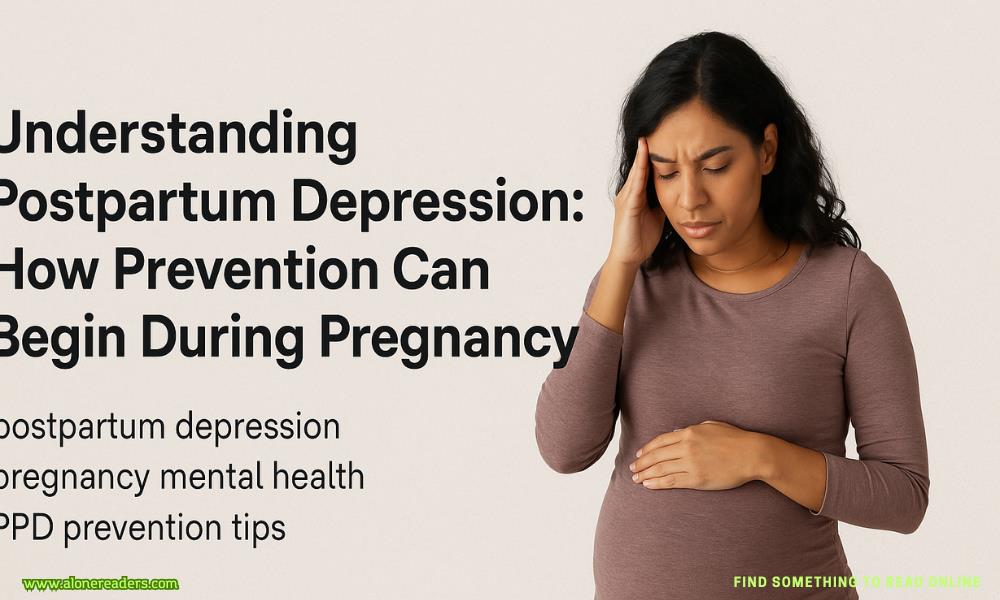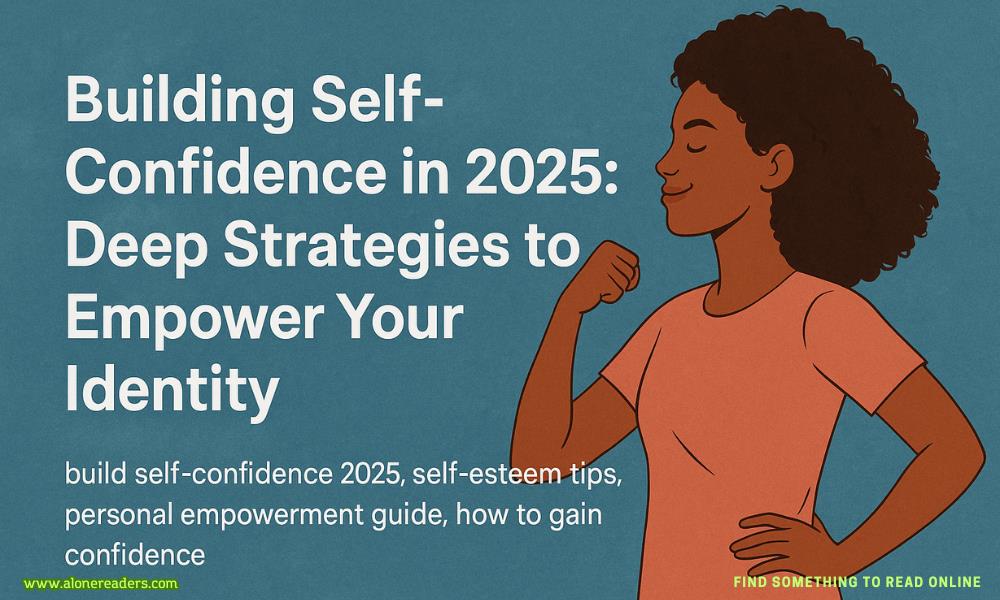Page 52 of Best Kept Vows
She laughed. “Yes.”
As a transplant to the South from the East Coast, I’d fallen in love with the food—from fried chicken to everything else that was a heart attack on a plate.
“Ah…anyone home…besides Abraham?”
“Miss Dolly and Miss Coco are out for a charity luncheon,” Pamela quickly told me. She knew that I didn’t get along well with the woman of the house, or her daughter, and I had a feeling she didn’t blame me for it. “Go on now, Mister Abraham is waitin’ for you.”
I made my way through the polished marble foyer toward Abraham’s quarters. It was strange to think that after so many years, I finally felt comfortable in this house—but only as long as Dolly and Coco were absent. Without their presence, the mansion felt less like an oppressive monument to wealth and more like a place where genuine conversations could happen—at least between Abraham and me.
Abraham’s nurse, Hendrix, greeted me with a hug at the door and stepped aside to let me through.
“I hear the lunch is a Lia special.” He walked with me to the covered porch, where we often ate lunch when it wasn’ttoo hot or cold. With the fan and cloud cover, it was a rare, pleasant summer day.
“Collard greens,” I told him. “How’s he doing?”
Hendrix shook his head. “Better because you brighten his mood…but his bloodwork results don’t look good.”
I patted his shoulder. We knew this was coming. Abraham’s health wasn’t getting better; he was declining and had been for the past three years. I also knew he was losing the will to live, which didn’t help the situation. After all, mental and physical health were closely connected.
Hendrix’s head moved in a slow, solemn nod. “His cholesterol is still high, his blood pressure is unstable, and his kidney function is declining—all of which are common post-stroke complications. His body isn’t processing waste efficiently, which is putting extra strain on his heart. And his hemoglobin levels are low, which suggests he might not be getting enough oxygen circulating through his system.”
I swallowed hard, my stomach twisting. “So, what does that mean?”
Hendrix hesitated before answering. “It means he’s getting weaker. His heart isn’t as strong as it used to be, and his risk of another stroke or cardiac event is high. We’re adjusting his medications, but…he’s not improving the way we’d hoped.”
I looked at Abraham through the glass doors. His once-imposing figure was thinner, his skin was paler. He still had fire in his eyes, but his body was failing him. He waved to me. Ismiled widely.
“How long?” I whispered as I put my hand on the doorknob.
Hendrix’s expression softened. “It’s hard to say, but a few months at best.”
I stepped onto the porch and approached Abraham. I leaned in to hug him and kissed his cheek. “Hey there.” I took a seat in the chair beside him. “How’s it goin’?”
Abraham scoffed. “You just…talked to Hendrix…you know…how it’s goin’.”
He was a salty man, and even though he’d had a stroke, he hadn’t changed, even though his attitude toward me had.
I patted his hand. “Hungry?”
He shrugged his right shoulder as the left one was paralyzed. “They say, as you…get closer to death, the…appetite goes.”
“I’ve heard that, too.” I studied him for a moment. “But you’re not close enough to death to lose your appetite,” I declared, leaning back in my chair.
Abraham laughed, and it did my heart good.
While we ate lunch, I told him about my new job and how much fun I was having.
“Good…for you,” he said as Hendrix held up a napkin to him. Abraham sighed and wiped his mouth, though his movements were slow and uncoordinated.
The stroke had robbed him of awareness on his left side. I knew it was called spatial neglect, as my grandfather had had the same challenge. He, like Abraham, hadn’t been able to feel when food or drool gathered on the left side of hisface, nor could he fully register objects or people on that side without deliberately turning his head.
I reached forward instinctively, dabbing at a missed spot on his cheek. His gaze flickered to mine before he let out a rough sigh. “Damn…annoying.”
“Imagine how I feel,” I retorted with good humor.
The key to handling Abraham was to not pity him because that would just make him blow up and leave him unhappy. In a way, he preferred that Dolly and Coco didn’t come around much because he felt either disdain or pity, and then he was upset for days, according to Hendrix.
Abraham grunted, shifting slightly in his chair. His pride bristled against the indignities his body forced upon him. It was hard to go from being the patriarch who ran the household with an iron fist to being stuck in a wheelchair like this.
- Her Irresistible Husband by Marian Tee
- Bratva Past by Sam Crescent
- Unbroken by Jane Henry
- Tattooed Vow by Kat Steele
- Broken by Jordan Marie
- Pleasure Lessons by Jenna Rose
- Craved By Gray by Cassi Hart
- Road Trip With Her Daddy Protector by Lizzie Sparks
- My Tempting Mountain Man by Lizzie Sparks
- Text Me, Take Me by Flora Ferrari
- Twisted Fate by M. James
- Born in Sin by Shilpa Suraj
- Exposed by Samantha Wilde
- Beyond Repair: Part One by Y.V. Larson
- Eternal Pieces by Hana Meadows
- Special Agent Anastacia by Mimi Barbour







